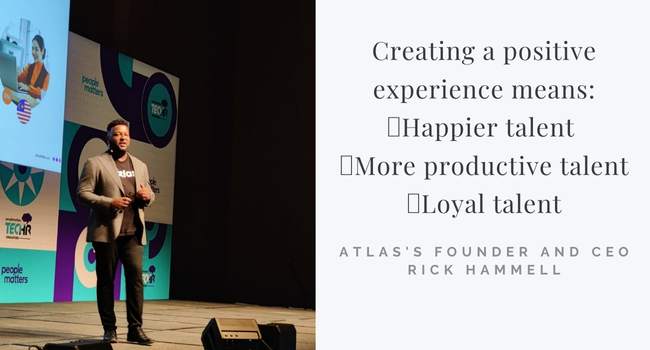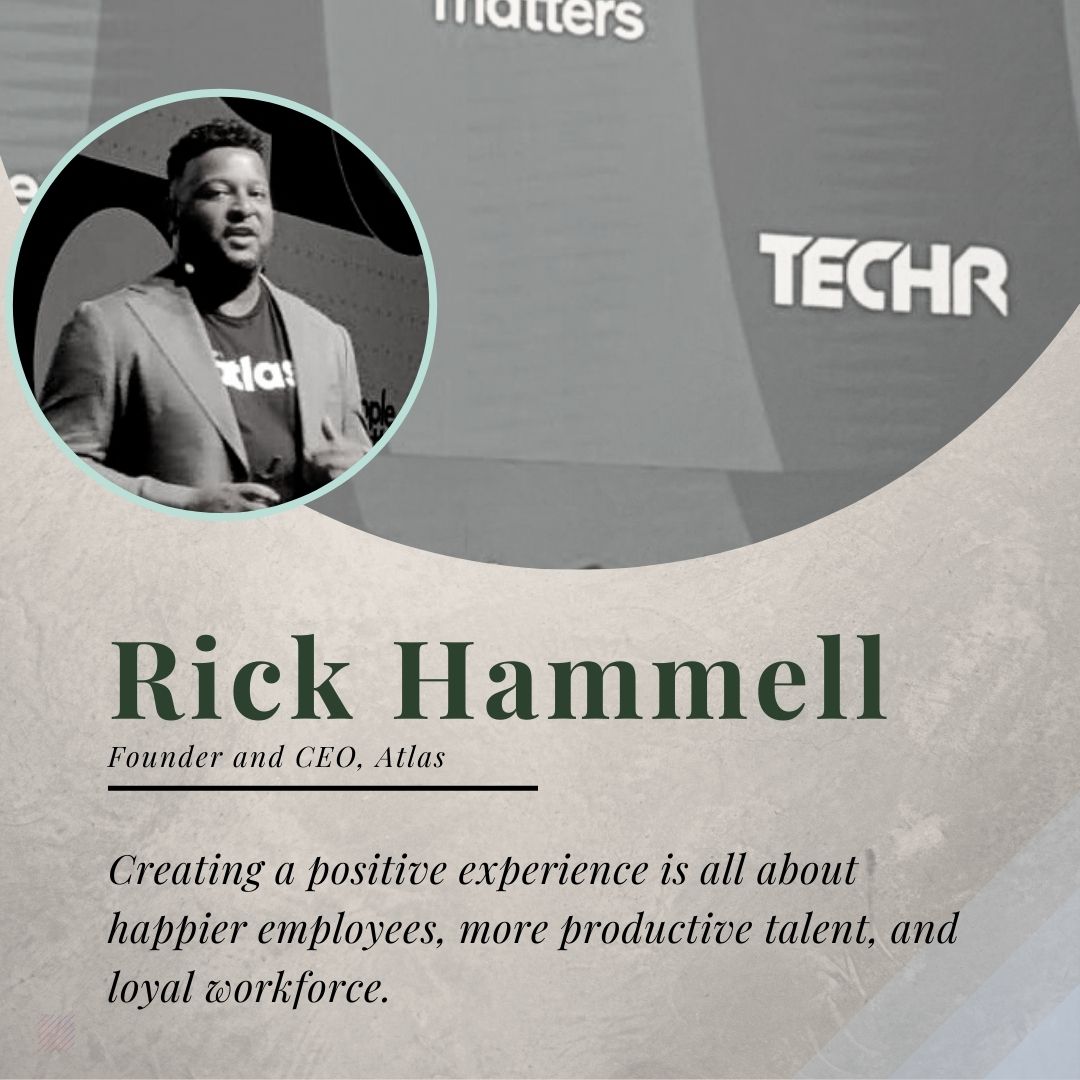Borderless Talent: The connection and collaboration conundrum

Remote work has enabled organisations to offset borders and hire talent from all corners of the world. Yet when it comes to communication and collaboration of the diverse professionals hired, there are many challenges that organisations may face.
In the new normal, almost every organisation can work remotely, but how will employers hire and retain talent? According to Atlas CEO Rick Hammell: "Pull your team together and find out what they're looking for."
Employees today tend to look for enhanced work-life balance in their lives and flexibility is a key for them. And employers are realising that employees favour flexibility at work to be able to spend more time with family. So, flexibility is crucial for employers to retain talent.

Flexibility: The Key to hiring and retaining top talent
In the current market climate, every company says they can offer 100% remote opportunities. Professionals can now choose their jobs based on the degree of flexibility they can enjoy while working.
This also gives employers the chance to reflect on the hiring process. Hammell supports that: “We [organisations] are no longer interested in just where we have offices. We are now interested in where we can find the best talent to make sure we're supporting the organisation. We can change that mentality of being old school, i.e., being very focused on getting everyone to the office. This is how I have realised that I can be a better employer and grow the business a lot faster."
The employer record model
The concept of the brick-and-mortar entity is getting old, but it also allows organisations to kick-start their journey to expand their minds when it comes to hiring, collaborating, and retaining talent from all over the world. That’s where the employer record may come in handy.
“It’s a flexible model that allows you to expand your business a lot faster. So what an employer record model is, is an organisation that is registered in the country that you're looking to do business in. They act as the legal employer on your behalf. You are what they call the managing employer," added Hammell.
When an employee decides to move and live in a new country, for example, Brazil. The managing employers need to be compliant. While managing the employee, it's not just payroll but the setup of a flexible work environment too. So, for future talent, it's important to have a clear process for both the employer and the future employee as well.
The future of work is borderless. Hence, employers need to ask themselves - are they ready? Would they be able to find talent around the world that will make sure their business will do good? Organisations have started to realise that hiring talent in their zip code is not the endgame. They need to hire around the world to ensure their success. Flexibility in collaboration and communication, along with a process that maximises retention, are the pointers leaders should look for while building acquisition strategies. Serve both employees and employers a dish of remote work-life balance!


